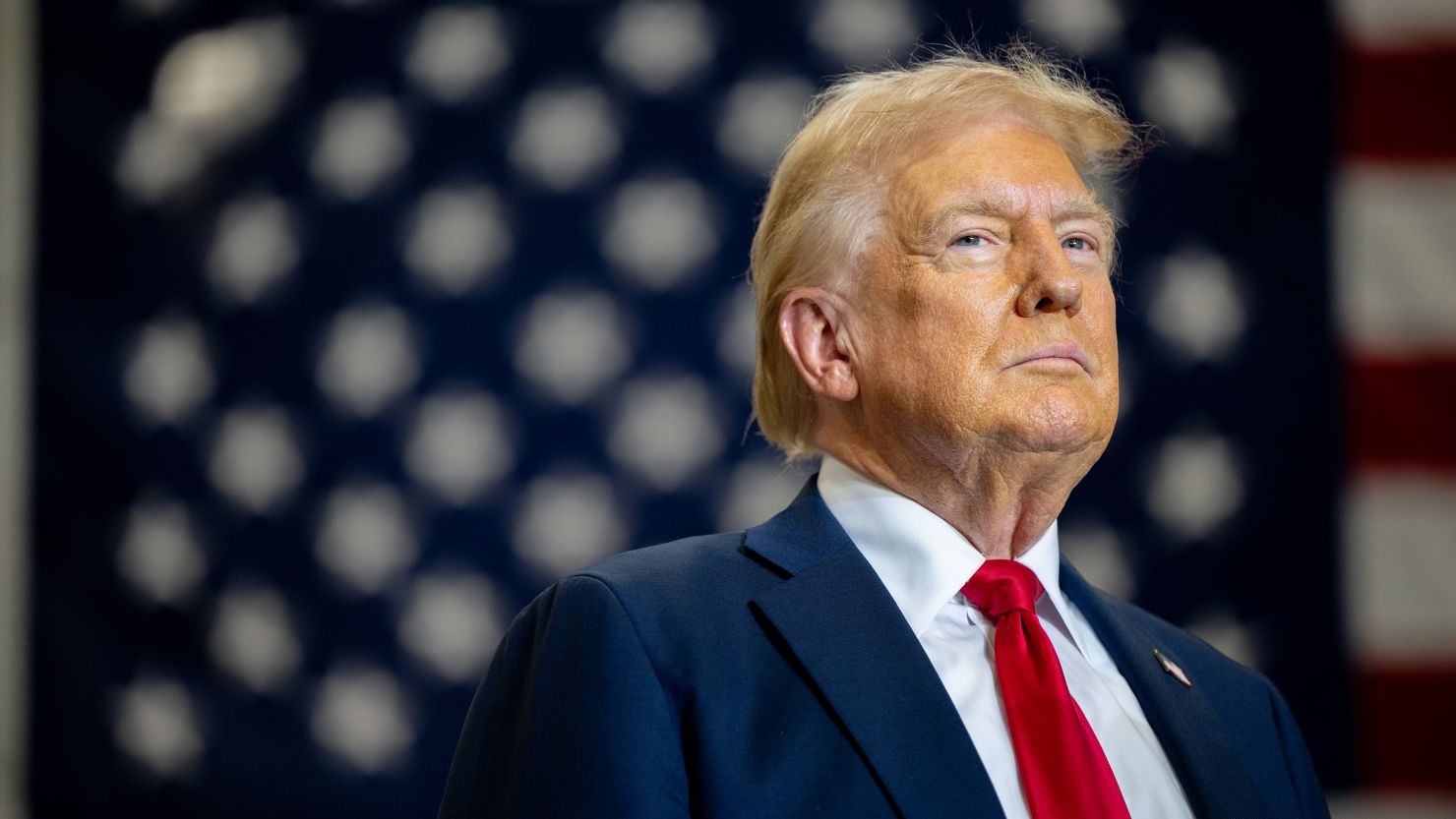The Lasting Impact of January 6: Pardons, Legal Challenges, and Continued Debate.
The January 6, 2021, attack on the U.S. Capitol has left an indelible mark on the nation, sparking debates about the appropriate course of action for both the justice system and political leadership. The aftermath of the attack, which involved individuals storming the Capitol to disrupt the certification of the 2020 election results, has left the country grappling with how to respond—especially when it comes to the issue of pardons. The discussion surrounding potential clemency for those involved in the Capitol assault has become highly contentious, with deep divides in public opinion.
One side of the debate argues that granting pardons to those who participated in the riot could be dangerous for the integrity of the justice system and the rule of law. Critics of mass pardons suggest that such acts of clemency could set a precedent that undermines the accountability of those responsible for political violence. They warn that offering forgiveness to individuals who have engaged in insurrection could embolden extremists, leading to more violent actions in the future. In their view, pardons would not only diminish the severity of the crime but also send a message that those willing to engage in political violence may face no consequences, which could encourage further unrest and undermine democracy.
On the other hand, there are those who believe that some individuals involved in the Capitol attack deserve a second chance. Advocates of clemency argue that many of the rioters were not hardened criminals but rather individuals who were caught up in a moment of political fervor. These supporters contend that rehabilitation, rather than punishment, could be a better path forward, particularly for non-violent offenders who have expressed remorse for their actions. They point out that some defendants did not engage in violence or property destruction but were swept up in the chaos of the day. From their perspective, granting pardons would allow these individuals to rebuild their lives and move beyond the stain of their actions, offering them a chance to reintegrate into society and learn from their mistakes.
The issue of mass pardons raises significant legal and political implications. If a future president were to grant clemency to a large group of January 6 defendants, it could ignite a wave of legal challenges, public outcry, and deepening divisions within the nation. Legal experts have noted that such a move would likely trigger conflicts with Congress, state governments, and advocacy groups, who may view the pardons as an unjustified act of political interference. Additionally, even if pardons were granted, individuals involved in the Capitol attack could still face civil lawsuits from those who suffered harm during the riot. This adds another layer of complexity, as legal actions could still unfold in parallel with any presidential clemency.
For individuals who have already served time for their involvement in the Capitol attack, the road to reintegration into society is not straightforward. Many face challenges in securing employment, as employers may be hesitant to hire someone with a criminal record—even if they have been pardoned. Social relationships may also be strained, as many Americans remain deeply divided over the events of January 6. Pardoned individuals may feel the stigma of their actions long after they have served their time, making it difficult for them to rebuild their lives. The emotional toll of such high-profile legal battles can also be profound, with many individuals experiencing anxiety, depression, and other mental health challenges as they attempt to move forward.
Looking ahead, the legacy of January 6 will continue to shape discussions about political accountability and the boundaries of executive power. The debate over pardons has sparked broader conversations about the need for stronger protections against domestic extremism and political violence. As the nation grapples with the impact of the attack and the actions of those involved, lawmakers and leaders must consider how best to balance the principles of justice, accountability, and the protection of democratic institutions.
The decisions made in the coming years—whether related to pardons, prosecutions, or political rhetoric—will have lasting implications for American society. The challenge lies in navigating these complex issues while fostering a society that is committed to justice, reconciliation, and the safeguarding of democratic values. Ultimately, the January 6 attack and its aftermath serve as a poignant reminder of the fragile nature of democracy and the ongoing need to protect it from forces that seek to undermine it. The nation’s response to this pivotal moment in history will shape its future trajectory for years to come.
